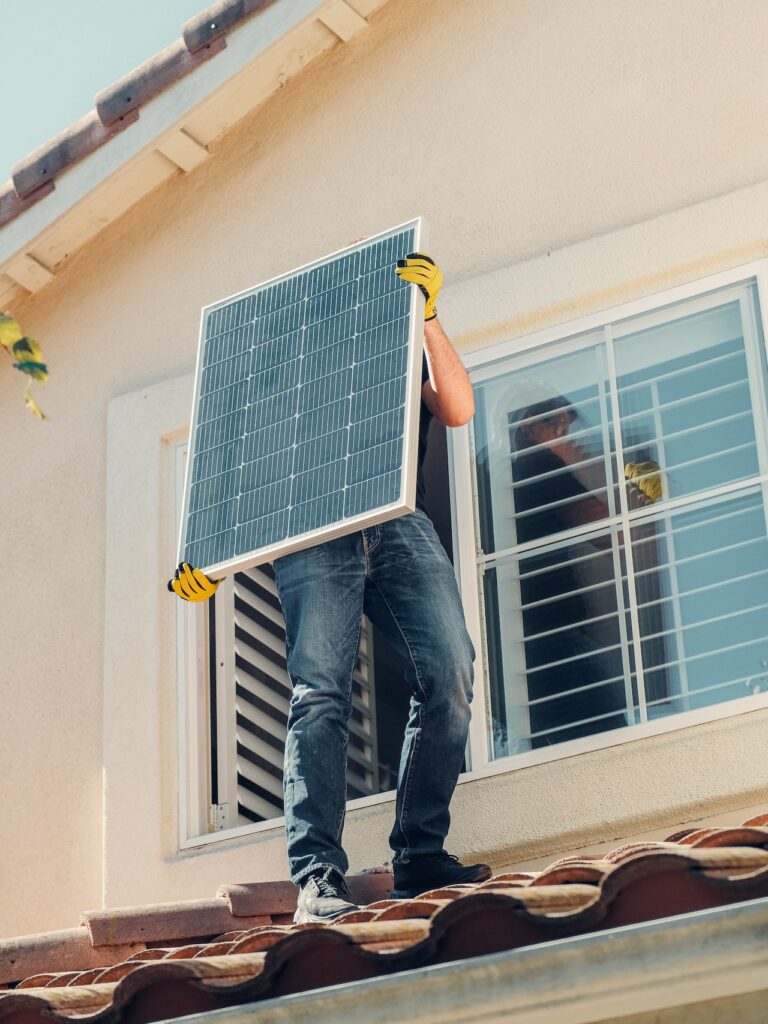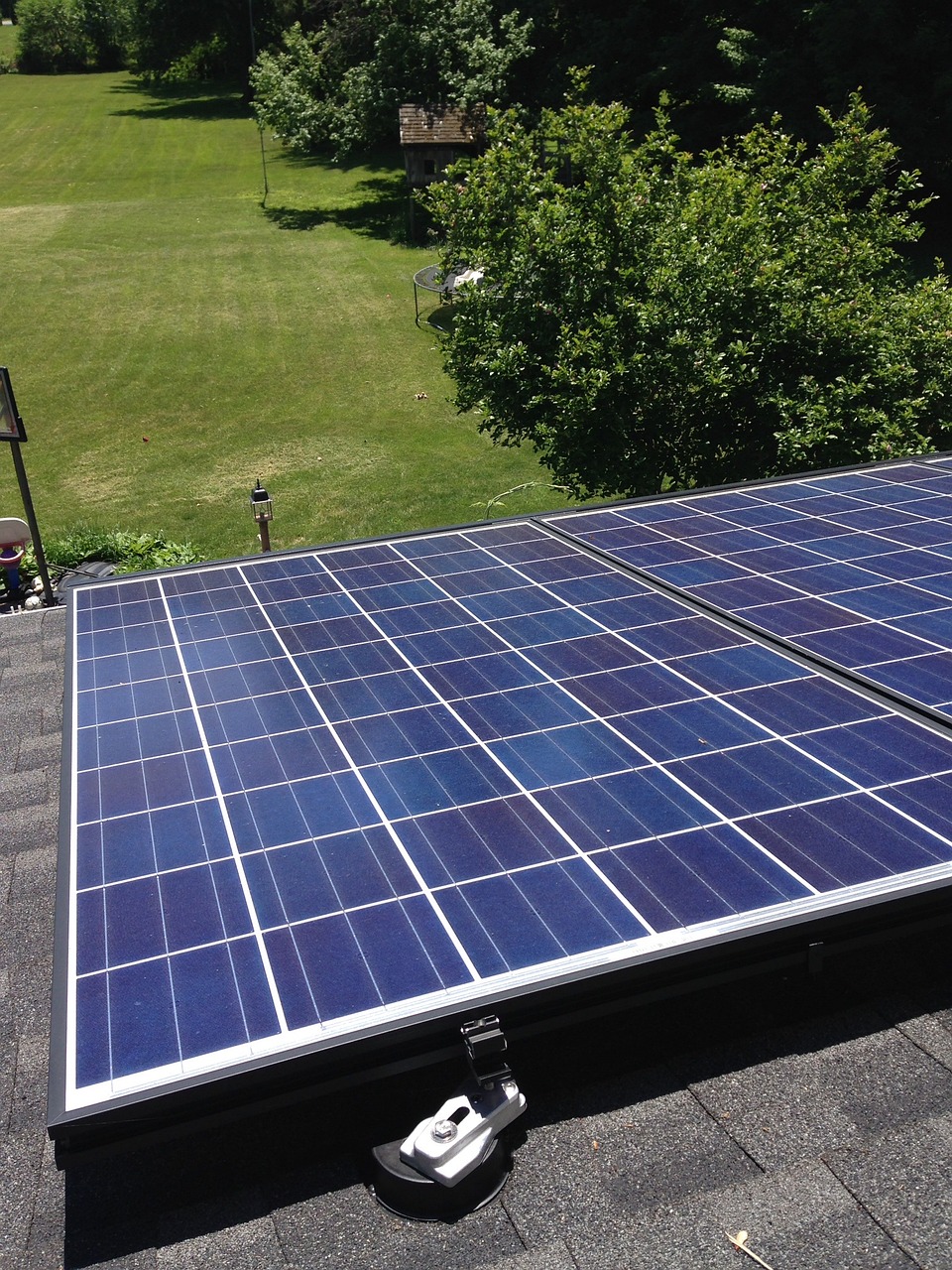
Installing a rooftop solar system can be a great way to reduce your carbon footprint while also saving money on electricity bills. However, it requires careful planning and consideration of various factors such as power consumption, space availability, budget constraints, etc. This article provides insights into the key considerations when choosing a solar system and answers frequently asked questions related to its installation.
Key Considerations
Power Consumption:
Determine your energy needs by calculating your monthly electricity usage. A good rule of thumb is to size the system based on peak winter usage. For example, if your home uses 1000 kWh per month during winter, then a 5kW solar system may suffice.
Space Availability:
Solar panels require ample sunlight exposure to generate maximum power output. Ensure there are no obstructions or shading from trees, buildings, or other objects.
Budget Constraints:
The cost of solar systems varies depending on the quality and capacity of components used. Typically, larger systems are more expensive but provide greater savings in the long run. You could compare quotes from multiple installers to find the best value for your investment.
Incentives:
Some states offer tax credits or rebates for installing solar systems. Check with local authorities to see if you qualify for any incentives.
Maintenance Costs:
While solar panels require minimal maintenance, occasional cleaning and repairs may be necessary. Be sure to factor these costs into your overall investment.
Lifespan:
Most solar panels come with a warranty of at least 20 years. However, they can last up to 30 years or even longer with proper care and maintenance.
Frequently Asked Questions
How many batteries do I need? – The number of batteries required depends on your energy needs and how often you want to use stored energy. A typical residential solar system requires four deep-cycle batteries (100Ah each) or 2 5.12KW lithium ion batteries to store enough electricity for one day’s worth of usage.
What appliances will my 5Kw solar system be able to power?
A 5Kw solar system can power most common household appliances such as lights, fans, laptops, and small electronics. It may not be sufficient to run large appliances like air conditioners or washing machines without additional battery storage. However, it is possible to upgrade the system capacity based on future energy demands.
Pros and Cons of Solar Installation
Solar installation has several benefits, including reducing carbon footprint, lowering electricity bills, increasing property value, and providing long-term savings. However, there are also some potential drawbacks to consider, such as initial high costs, reliance on weather conditions, and potential damage from storms or hail.
- Carbon Footprint Reduction: Solar installations contribute significantly to reducing your carbon footprint, fostering environmental sustainability.
- Lowered Electricity Bills: Solar systems can substantially decrease your monthly electricity expenses, leading to long-term savings.
- Increased Property Value: Solar-equipped homes often enjoy an augmented property value due to their energy-efficiency features.
- Long-Term Savings: Despite the initial investment, solar installations provide substantial long-term savings on energy costs.
Cons:
- High Initial Costs: The upfront cost of installing a solar system can be high, presenting a barrier for some potential adopters.
- Weather Reliance: Solar power generation is contingent on weather conditions, and prolonged overcast periods can affect energy production.
- Vulnerability to Weather: Solar panels can be susceptible to damage from extreme weather events such as storms or hail, necessitating repairs or replacements.
- Need for Professional Installation: Installing a solar system requires specialized knowledge and often involves permits and inspections, adding complexity and potential additional costs to the process.
By expanding on these points and enhancing the overall structure and clarity, the article provides a more comprehensive guide for individuals considering solar installations.

